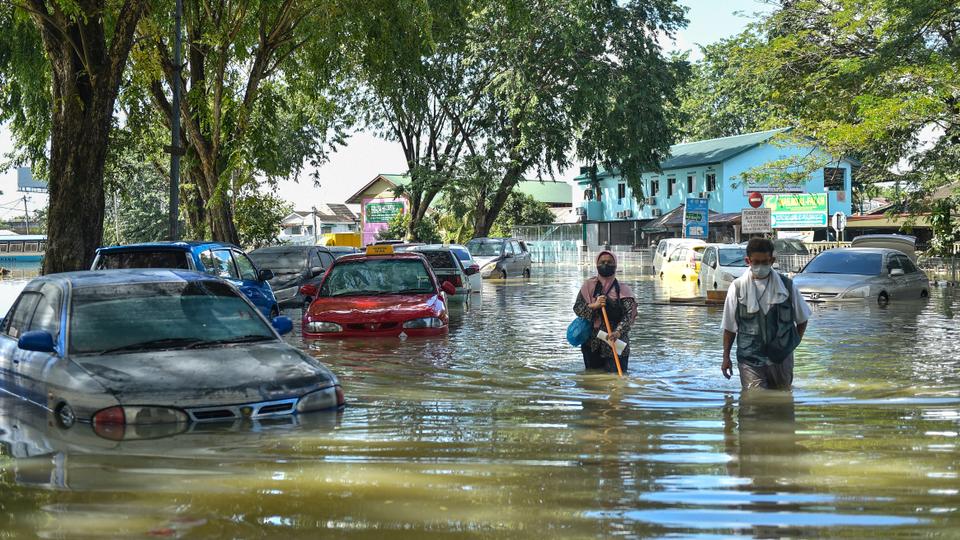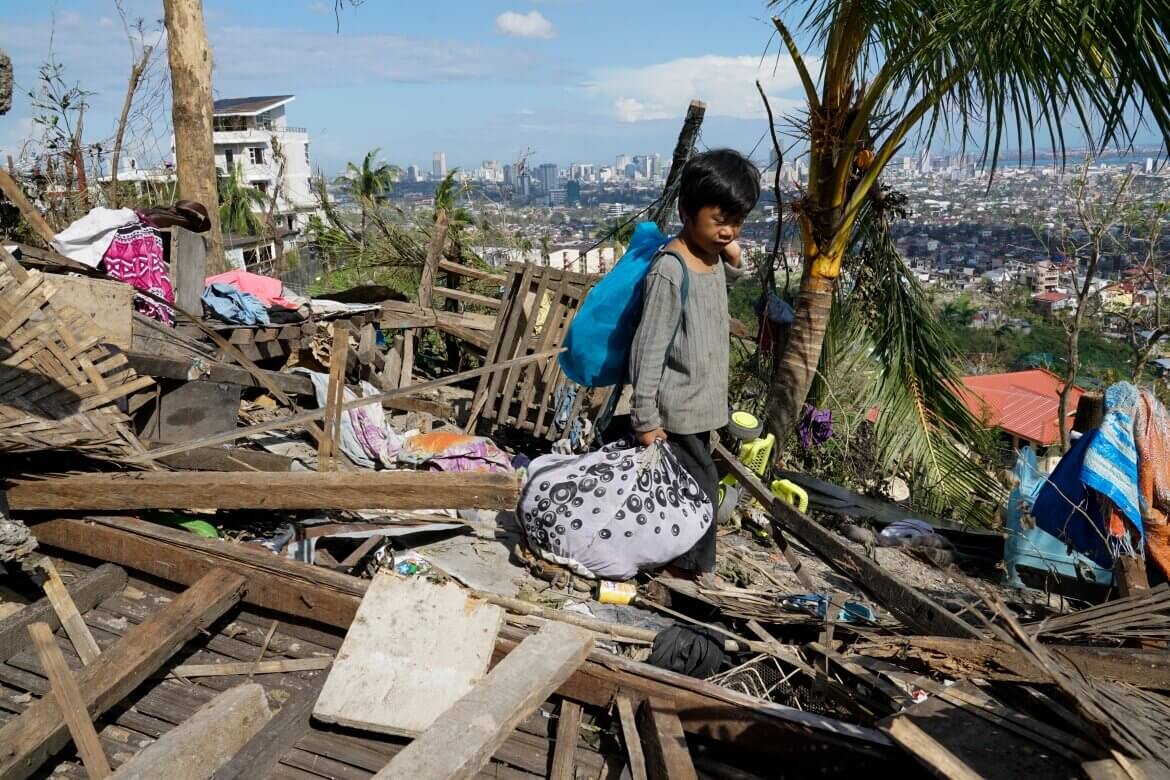Severe weather conditions in Southeast Asia have wreaked havoc in Malaysia and the Philippines over the past week.
In the Philippines, at least 375 people are now known to have died since Typhoon Rai, a category 5 super typhoon, struck the southern and central parts of the island last Thursday. More than 440,000 people have been displaced due to their homes being damaged or destroyed by the strongest typhoon to hit the country this year. Evacuees have been sheltering in evacuation centres or with relatives, the country’s National Disaster Risk Reduction and Management Council said.
Several parts of the island are dealing with prolonged power cuts, severed communication lines, and very little water. “Never in my entire life have I encountered such a typhoon. To say ‘super’ is an understatement,” Bishop Antonieto Cabajog told a Catholic church-run news agency.
Rescue efforts are currently underway and thousands of military, police, and coast guard personnel have been deployed to help with relief operations. The country’s troops were deployed to affected regions on Tuesday to help distribute food and water. Heavy machinery, including backhoes and front-end loaders, have also been deployed to clear roadways.
The International Federation of Red Cross (IFRC) and Red Crescent Societies in the Philippines have appealed for a $22 million relief package to fund urgent relief and recovery efforts. In addition, the United Kingdom has pledged around $1 million to the IFRC effort.

Meanwhile, in Malaysia, unusually heavy rainfall began on Friday, causing heavy flooding in the states of Selangor, Negeri Sembilan, Kelantan, Pahang, Melaka, and Terengganu. Selangor, the country’s wealthiest and most populous state, reported at least eight deaths.
According to official data, the number of evacuees across the country rose to about 64,000 on Monday. Of these, 32,000 evacuees belong to the worst-hit state of Pahang. Some people also continue to remain trapped in their houses as rescue efforts have been hampered by a lack of boats and manpower. The disaster has also put a strain on emergency services across the country, including ports, which has delayed the delivery of essential goods such as food and medical supplies.
Malaysian Prime Minister Ismail Sabri Yaakob admitted that the disaster had been mismanaged by the local and federal governments. “I don’t deny (the weakness) and will improve in the future ... The responsibility is not that of the federal government alone, but also the state governments and the frontliners are the districts,” he told reporters on Tuesday after visiting flood victims in Negeri Sembilan.

